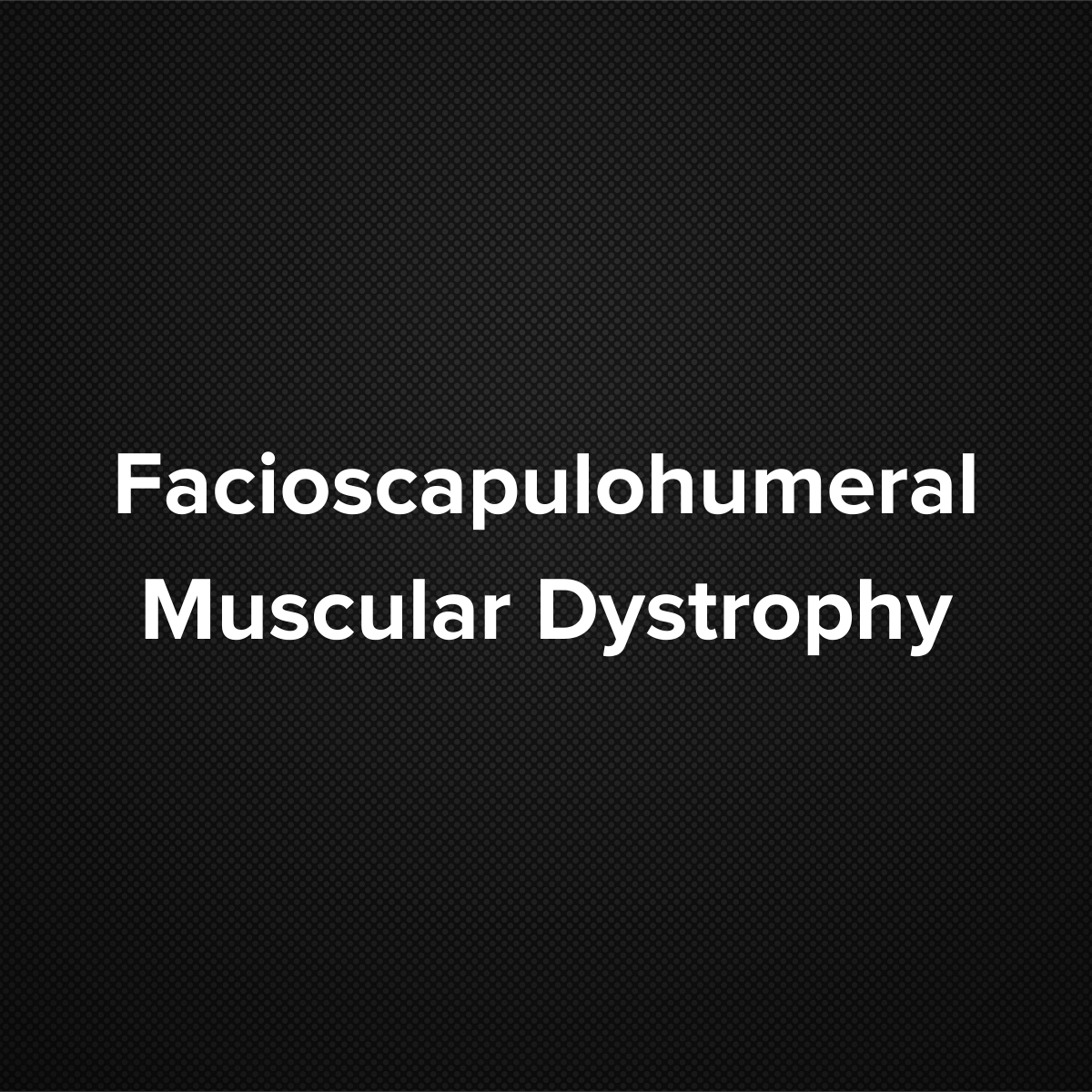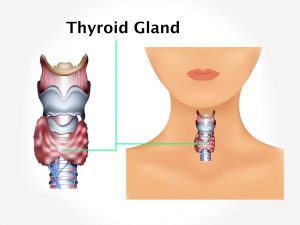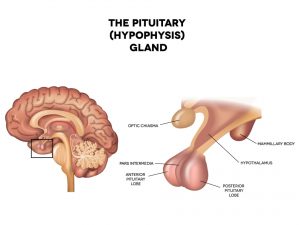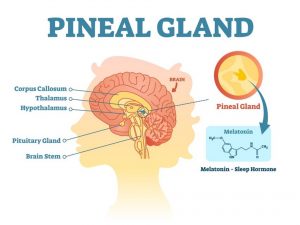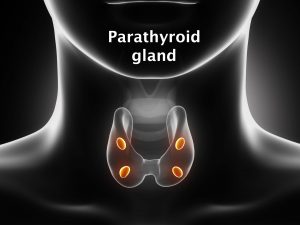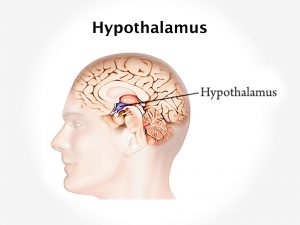Causes and risk factors
Facioscapulohumeral muscular dystrophy is an autosomal dominant disorder. The condition is caused due to genetic mutation of chromosome 4. It is of 2 types – type I and II.
Clinical presentation
Patient presents with difficulties in puckering the mouth, as in whistling; difficulty in pronouncing certain words; having unusual smile. Problems with completely closing the eyes is seen. Dryness of eyes is observed. Shoulder blades wing out. There is difficulty working with the arms raised. Scapular winging is seen. Muscular weakness of hips and pelvis is observed causing difficulty in climbing stairs. Curvature of back occurs [lordosis]. Foot drop, difficulty in walking up the hill or on uneven surface is observed. Weakness of abdominal muscle can cause lordosis.
Investigation
Medical history by the patient and clinical examination by the doctor helps in diagnosis. Genetic testing is required. Test to measure creatine kinase levels, as elevated level indicates muscular dystrophy. Electromyogram is recommended to measure electrical activity of the muscle. Nerve conduction velocity to measure nerve signals is done. Muscle biopsy is advised if result of genetic testing is negative.
Treatment
There is no standard treatment for facioscapulohumeral muscular dystrophy. Treatment is symptomatic and supportive. Aerobic exercises are recommended to maintain muscle strength, flexibility, and fitness level. Proper intake of well-balanced meal and weight management is advised. Physiotherapy and pain medications are recommended to reduce fatigue and pain respectively. Scapular bracing helps to prevent lordosis. Ankle-foot orthosis helps to manage foot drop. Scapular fusion surgery may be required to manage winged scapula.
Other Modes of treatment
The other modes of treatment can also be effective in treating facioscapulohumeral muscular dystrophy. Homoeopathy is a science which deals with individualization and considers a person in a holistic way. This science can be helpful in combating the symptoms. Similarly, the Ayurvedic system of medicine which uses herbal medicines and synthetic derivates is also found to be effective in treating facioscapulohumeral muscular dystrophy.
Facts and figures
1 in 20,000 people worldwide suffer from the disease.
